A Legend in the Making
Dr. Charles Richard Drew is one of the most prolific surgeons to make his mark on American history. At the turn of the 20th century, he was born on June 3, 1904 in Washington, D.C. The eldest child to parents Richard Drew and Nora Burrell, Drew excelled in athletics and academics.
Earning a sports scholarship to Amherst College sent the student on a world-changing course. After receiving his bachelor’s degree in 1926, Drew wasn’t able to attend medical school. So instead, he worked as a biology instructor and coach at Morgan College.
A couple of years later in 1928, Dr. Drew applied for medical school in Montreal, Canada. While attending McGill University, he proved to be exceptional. During his years at medical school, he was a member of the Alpha Omega Alpha honor society. Charles graduated in 1933 with two degrees, Master of Surgery and Doctor of Medicine.
After graduating, he stayed in Canada to complete his internship. Dr. Drew was a model intern that finished his residency at Montreal General and Royal Victoria Hospital. During that time, he began researching issues pertaining to blood transfusions.
A Skillful Transformation
The doctor returned back to the United States after his father passed away in 1935. Back at home, Dr. Drew worked as an instructor at Howard University. In addition to working as an educator, he was granted the Rockefeller Foundation Research Fellowship.
Dr. Drew went on to Columbia University where he became the first black to receive a Doctor of Medical Science Degree. Drew’s heavy involvement in research about blood sparked formidable revelations. From transfusions to storing plasma, the doctor pioneered blood preservation. In this pivotal moment in history, Dr. Drew found a way to extend life, especially throughout World War II.
On the edge of greatness, the medical professional was led to organize blood banks in the US and the UK. As the director over the American Red Cross, Dr. Drew started a blood drive for the soldiers of war. However, after the Red Cross requested that the blood be separated by race, the doctor resigned from his position.
On April 1, 1950, Charles Drew lost his life due to an automobile accident. Even in segregated times, you couldn’t stop him from laying out the foundation of blood.
His dissertation, appropriately titled “Blood Bank,” serves as a catalyst for future medical endeavors. Without Dr. Drew’s contributions, where would the world be today? His legacy and courage lives on.

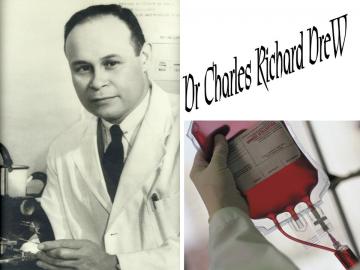




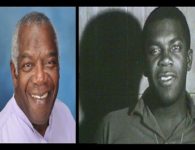


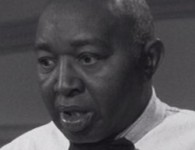


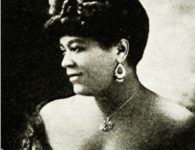
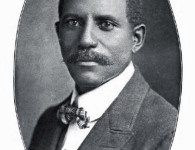
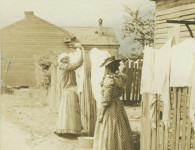

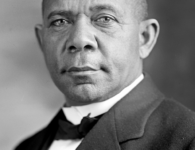



No comments